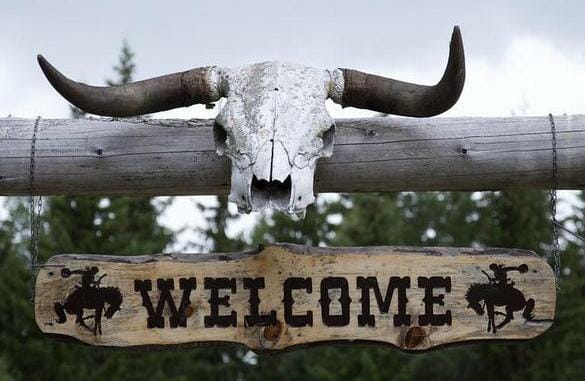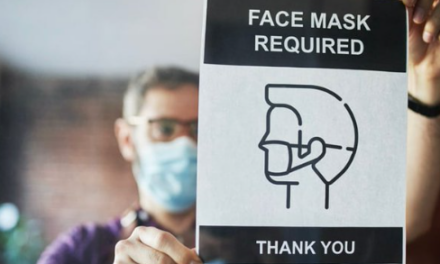Beef from cattle that’s been gene-edited to better withstand heat stress could soon be making its way onto dinner plates in the US.
The US Food & Drug Administration (FDA) announced it has made a “low-risk determination” for the marketing of food products made from the gene-tweaked beef cattle after their review found that the genomic alteration didn’t cause any safety concerns. This means the FDA doesn’t need the developer of the gene-edited cattle to earn further approval before bringing the beef to market, and it could be available to consumers in around two years.
In recent years, the FDA has given the thumbs up to five applications for five gene-edited animals: chicken, goats, salmon, rabbit, and pigs. However, this latest approval is a first for the FDA, because the genomic alteration can be passed onto offspring, allowing the trait to be shared through conventional breeding.
The modified cattle are products of the company Acceligen, a subsidiary of the US-based bio-engineering company Recombinetics. Their Angus cattle, called PRLR-SLICK, were genetically edited using CRISPR to grow short and slick hair, reducing their vulnerability to hot weather. This heritable gene for this extra-cool hair is the result of a naturally-occurring mutation that can occur in some conventionally bred cattle.
According to the FDA, studies have shown how the slick-hair coat helps cattle to fare better against temperature-related stress and may result in improved food production. Heat-stressed cattle is also a problem that’s expected to become even more prevalent as the climate crisis continues to deepen, with heatwaves set to become longer, more common, and more aggressive in many parts of the world.
More gene-tweaked meat could be on its way too – the FDA hopes this latest approval will encourage other biotech companies to develop gene-edited animals for their approval.
“Today’s decision underscores our commitment to using a risk and science-based, data-driven process that focuses on safety to the animals containing intentional genomic alterations and safety to the people who eat the food produced by these animals,” Steven M. Solomon, director of the FDA’s Center for Veterinary Medicine, said in a statement.
“We expect that our decision will encourage other developers to bring animal biotechnology products forward for the FDA’s risk determination in this rapidly developing field, paving the way for animals containing low-risk IGAs to more efficiently reach the marketplace,” he added.
Source Link: https://needtoknow.news/2022/07/fda-shortened-approval-process-for-risky-gene-edited-beef-cattle-resistant-to-heat/
Bitchute: https://www.bitchute.com/channel/YBM3rvf5ydDM/
Telegram: https://t.me/Hopegirl587
EMF Protection Products: www.ftwproject.com
QEG Clean Energy Academy: www.cleanenergyacademy.com
Forbidden Tech Book: www.forbiddentech.website













